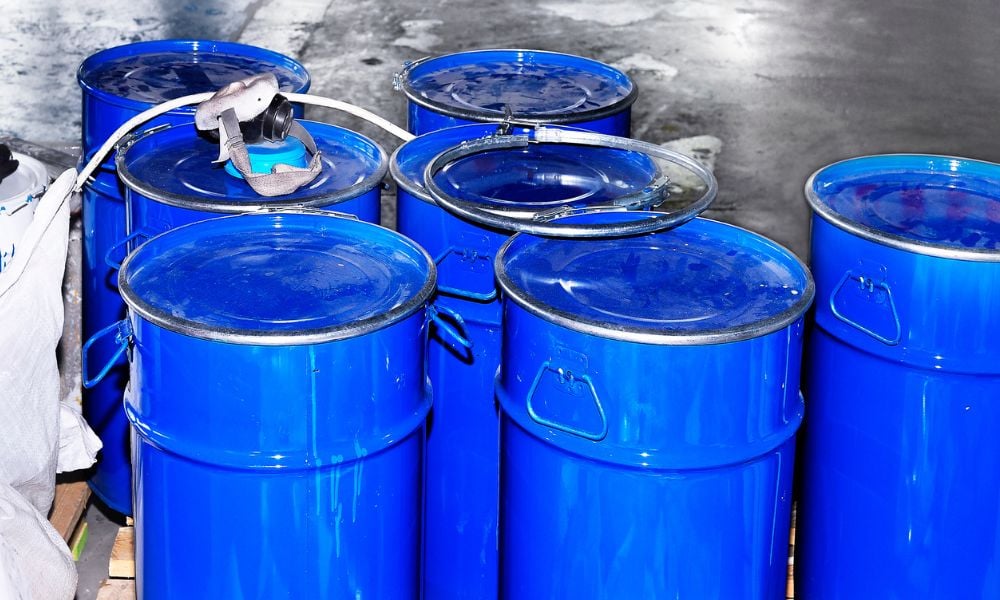
The group argued that the plan lacked ambition and fell short of international standards

Environmental groups, including Ecojustice, criticized the federal government's draft policies on toxic chemicals and pollution, arguing they lacked ambition and fell short of international standards for upholding the right to a healthy environment.
The federal government recently unveiled these draft policies to guide its action on toxic chemicals and pollution, following amendments made to the Canadian Environmental Protection Act (CEPA) in 2023. The amendments passed as Bill S-5 in June 2023 marked the first time the right to a healthy environment was recognized in Canadian law. However, the new policies raised concerns among environmental, health, and justice groups, including Ecojustice, who argued that the government's approach lacked ambition and failed to address the scale of chemical use and pollution in Canada.
The draft policies prioritized 33 chemicals and chemical groups for assessment, which critics said was inadequate given the thousands of chemicals in use. The government's new framework for implementing the right to a healthy environment, established under CEPA, also faced scrutiny for not fully aligning with international human rights standards, particularly the United Nations resolution on the right to a healthy environment, which Canada had supported.
Environmental groups expressed concerns about the framework's limited scope and its reliance on existing CEPA programs without integrating a clear, rights-based approach to decision-making. Lisa Gue, national policy manager at the David Suzuki Foundation, called for stronger guidelines to support environmental protection, stating, “While this was a useful step, it’s crucially important that the framework be strengthened to support a human rights lens on environmental protection in line with international standards.”
The draft framework's lack of clear direction on how the government intended to uphold the right to a healthy environment also drew criticism. Dr. Elaine MacDonald of Ecojustice argued that pointing to existing CEPA processes as fulfilling the government’s duty "lacked ambition" and diminished the potential impact of the newly recognized right.
Health experts also raised concerns about pollution's impact on vulnerable communities. Dr. Ojistoh Horn, a physician and board member of the Canadian Association of Physicians for the Environment, emphasized the importance of meaningful implementation, stating, “It was critically important that it be framed and implemented in a meaningful way, with a rights-based approach.”
According to Ecojustice, the draft plan for chemical management included only 15 individual substances and 18 substance groups, leaving significant gaps in the government’s approach to regulating toxic chemicals. Environmental defence’s Cassie Barker noted that the government needed to act faster, particularly in addressing toxic chemicals in plastics and substances like PFAS, known as "forever chemicals."
The full draft framework and policies were available for public review as groups continued pressuring the government for stronger regulations and more comprehensive action to protect human health and the environment.